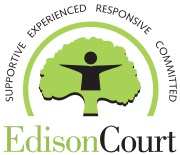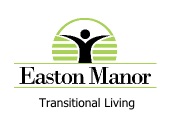Summary of Treatment Approach
Our therapeutic approach helps youth refine their Relapse Prevention and Wellness plans as well as to address individual therapeutic needs. What makes our approach so effective is the strong relationships that are developed between each resident, their therapist and all of our staff. By establishing rapport and setting clear and consistent boundaries, an optimal therapeutic environment is created, resulting in positive changes and growth.
Your child will benefit from:
- Integrated CBT group and individual therapy – Evidenced-based skill areas including increasing distress tolerance, self-awareness, changing thought patterns to be realistic and goal-directed, and emotional self-regulation.
- Family Therapy – Headed by our Licensed Family Therapist, dynamics amongst key family members and client are discussed with a collaborative and problem-solving approach.
- Elective groups – Custom-designed therapeutic modules that address unique needs ma y include social skills training, distress tolerance, traumatic processing and anger management.
Behavior Modification
Our therapists work with each youth to examine their thoughts, feelings, behaviors, and the relationships and patterns between them, so that he can better understand himself and the issues that created the cycle of abuse he initiated. We also work to resolve past traumatic experiences, anger, and other issues that may have led to his problems. Counseling is individualized.
Each resident will participate in group therapy 2 days per week. The group sessions are staff directed and he will be encouraged to openly give and receive feedback. One of the biggest values of group therapy is that youth will be interacting with other adolescents who are likely to be facing similar issues. He can begin to see that he is not alone and that there is hope and help.
Behavior Management
Behavioral management protocols are used for responding if a youth exhibits negative behaviors. Interventions are implemented to address these behaviors and are tailored to meet his therapeutic needs. Our behavioral management strategies follow a progressive, intervention model including redirection through verbal requests, staff-directed time out, and therapeutic restraint. Therapeutic restraint would only be used if a resident is a danger to harm himself or others. All of our staff are trained in verbal de-escalation and Crisis Prevention Intervention (CPI).

